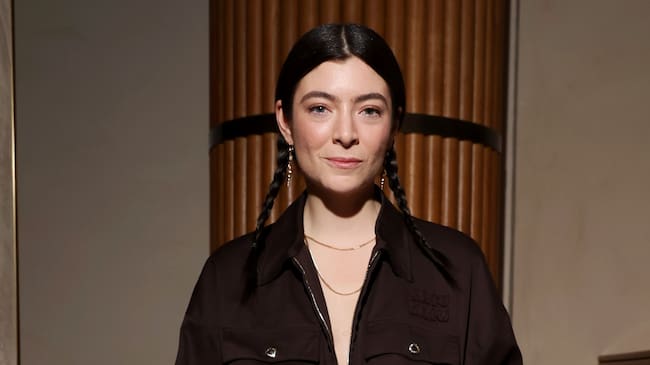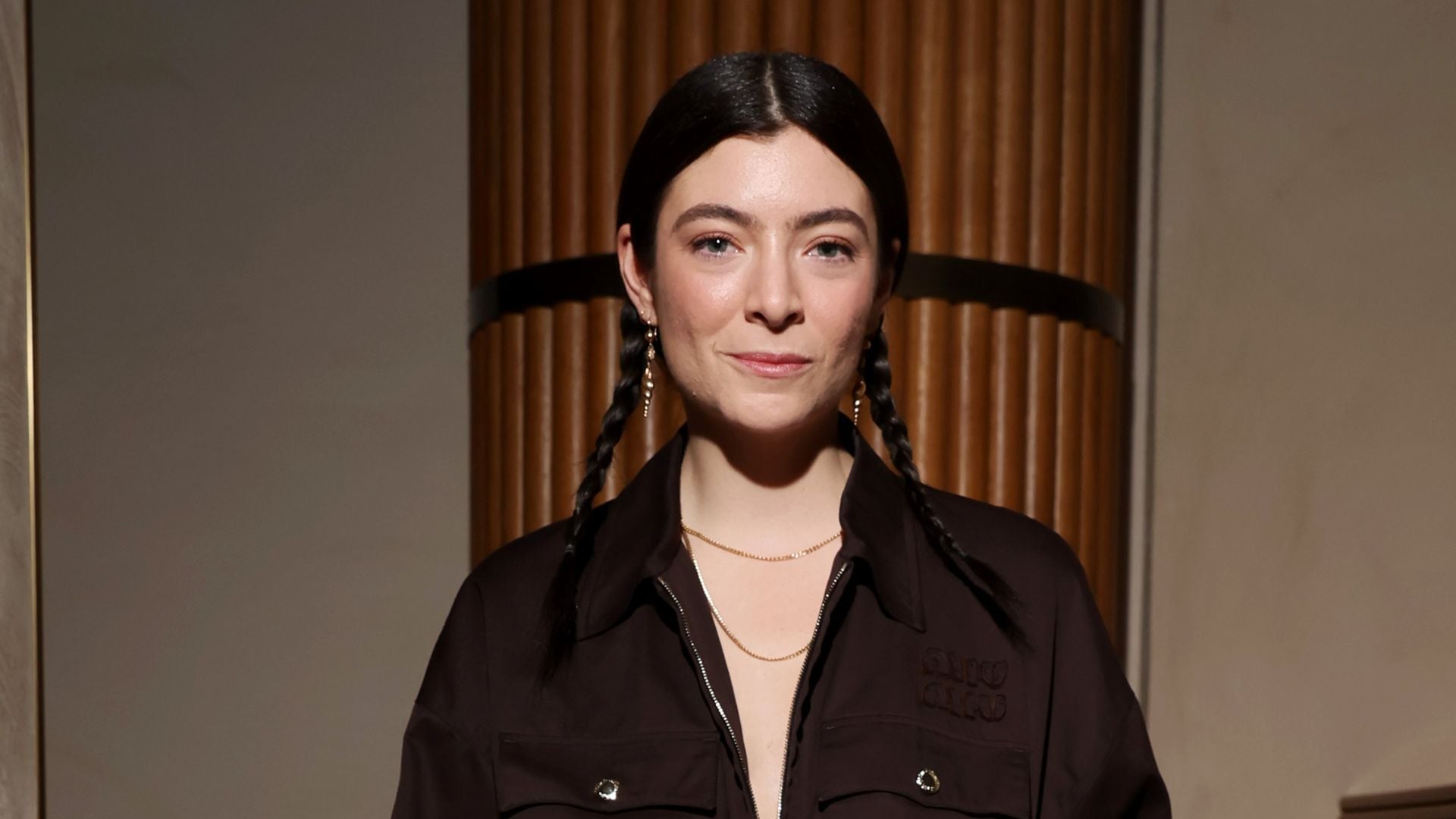What It Means to Be Cisgender: Lorde Opens Up About Her Identity
This feeling is captured in her song 'Man of the Year': "I’m a woman, except when I’m a man..."

YUZAWA, JAPAN - JULY 30: Lorde performs onstage during Fuji Rock Festival 2017 on July 30, 2017 in Yuzawa, Japan. (Photo by Santiago Felipe/Getty Images)
In a recent interview, singer-songwriter Lorde opened up about her evolving sense of identity, describing moments where she feels like a woman, and others where she doesn’t. A feeling that’s captured in her song ‘Man of the Year’. Speaking about gender expression, she said: “I’m a woman, except when I’m a man… I know it’s not a very satisfying answer, but there’s a part of me that resists being boxed in.”
Her words have sparked curiosity—and an important conversation—about what it actually means to be cisgender, and how that term fits into a broader, more fluid understanding of identity today. In simple terms, a cisgender (or «cis») person is someone whose gender identity matches the sex they were assigned at birth. For example:
A cisgender woman is someone who was assigned female at birth and identifies as a woman.
A cisgender man is someone who was assigned male at birth and identifies as a man.
It’s a term that helps distinguish cis people from those who are transgender—people whose gender identity does not align with the sex they were assigned at birth.
Why Is This Relevant Today?
For many people, gender identity is something they rarely question—it simply “feels right.” But for others, it can be more complex. As Lorde suggests, some people feel comfortable identifying with a label (like woman or man), but still experience moments of disconnection from it. This doesn’t necessarily mean they’re not cisgender, but it can reflect a fluid or more nuanced relationship with gender, particularly in how they express themselves.
Lorde also mentioned how her body image and self-perception have changed, leading her to explore her identity more deeply. While she still identifies as a cis woman, she acknowledges moments when she doesn’t fully fit into that box—and that’s okay. Gender identity and gender expression aren’t always rigid or fixed.

Lorde attends the after show of the Miu Miu Womenswear Fall/Winter 2024-2025 show as part of Paris Fashion Week on March 05, 2024 in Paris, France. (Victor Boyko/Getty Images)

Lorde attends the after show of the Miu Miu Womenswear Fall/Winter 2024-2025 show as part of Paris Fashion Week on March 05, 2024 in Paris, France. (Victor Boyko/Getty Images)
Cisgender ≠ Conforming to Stereotypes
Being cisgender doesn’t mean someone has to look or act a certain way. A cis woman can dress in a masculine style, have a deep voice, or prefer activities that aren’t traditionally considered “feminine”—and she’s still a woman. The same goes for cis men.
That’s why conversations like the one Lorde started are important: they remind us that identity can be both personal and complex, and that everyone deserves the space to explore who they are—without pressure to fit neatly into labels or expectations.
